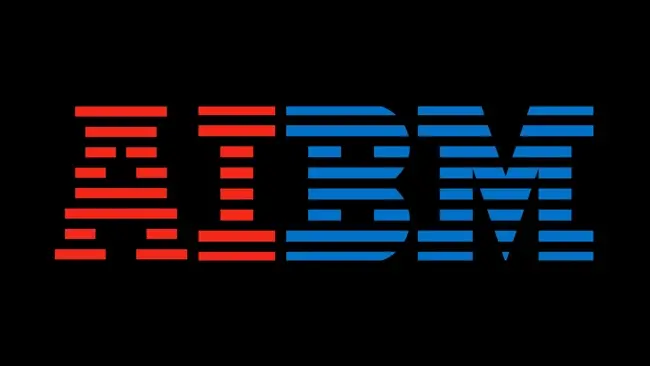IBM expects to replace around 7,800 workers with AI and will freeze hiring for roles it believes will be automated by the technology in the coming years.
That’s according to Chief Executive Officer Arvind Krishna, who told Bloomberg that hiring in back-office functions such as including human resources will soon be frozen as the firm prepares for the AI revolution.
“These non-customer-facing roles amount to roughly 26,000 workers,” Krishna said in an interview published on Tuesday. “I could easily see 30 per cent of that getting replaced by AI and automation over a five-year period.”
The cuts will amount to roughly 7,800 workers, though IBM said part of any reduction would include not replacing roles vacated by attrition.

“IBM is being deliberate and thoughtful in our hiring with a focus on revenue-generating roles, and we’re being very selective when filling jobs that don’t directly touch our clients or technology. We are actively hiring for thousands of positions right now,” an IBM spokesperson said
The company currently employs 260,000 people, and with 10 per cent of these jobs in non-customer service roles, it is unclear how many roles could be on the chopping block.
It's Happening
Krishna’s comments arrive just months after the company said it would cut 3,900 jobs or 1.5 per cent of its workforce, though the company has added about 7,000 jobs in the first quarter of the year as well.
While fears for AI soon replacing human jobs have surged since the launch of OpenAI’s revolutionary ChatGPT software last year, this appears to be one of the first times a company has clearly set out its plans to do exactly that.
IBM will not be not the first to ditch humans for AI, however. In April, BuzzFeed CEO Jonah Peretti announced that the company had axed its entire news division just months after it began publishing AI quizzes and articles.
Dropbox: Laying off 500 people and replacing them with AI
— Genevieve Roch-Decter, CFA (@GRDecter) May 1, 2023
IBM: Pausing hiring for ~7,800 roles that could be done by AI
AI is already replacing jobs
Meanwhile, the tech publication CNET was found to have quietly replaced its writers with ChatGPT to write a string of articles for its website without detection.
As AI arms race heating up in Silicon Valley and big players like Microsoft and Google investing billions to stay ahead of the curve, the use cases of AI are set to expand rapidly in the coming years.
Researchers from the University of Pennsylvania and OpenAI recently revealed that 80 per cent of the US workforce could have at least 10 per cent of their work tasks exposed to AI.
Meanwhile, 19 per cent of workers could see over half of their workload impacted by the introduction of tools like ChatGPT in their current state.
In response to these findings, Dominic Holmes, Principal Strategy and Value EMEA at Cornerstone said that it is clear a variety of jobs could soon be affected by advancements in AI.
“The fact of the matter is, some extent of AI technology adoption – like ChatGPT or other chatbots – will be key to business survival, and to keep many jobs relevant,"
“It is going to affect the job and skills landscape, without question. But it’s how the technology is embraced that will dictate whether the impact will be positive or negative.”
AI for the mundane
Krishna said that the majority of roles that IBM will replace with AI would involve mundane tasks such as providing employment verification letters or moving employees between departments.
The majority of experts agree that the majority of jobs affected by AI will be those mundane and administrative tasks that will no longer require human input as AI gets stronger.
They believe have a positive impact on the workforce, eliminating mundane tasks and allowing teams to prioritise time-efficient tasks and boost productivity.
To read more about how AI is impacting the enterprise, visit our AI in the Enterprise Page.
Regardless, Holmes warns that companies must see AI as a tool for workers rather than a replacement for workers.
“AI needs to be viewed as something that assists individuals in their jobs, not as something that could potentially replace them entirely. Businesses need to understand this and take a balanced approach between technology and human being.
“The risk of failing to adopt the technology at all is clear, potentially causing businesses and individuals to fall behind the curve. But there is also a risk of taking it too far, or flying too close to the sun.”




Comments ( 0 )